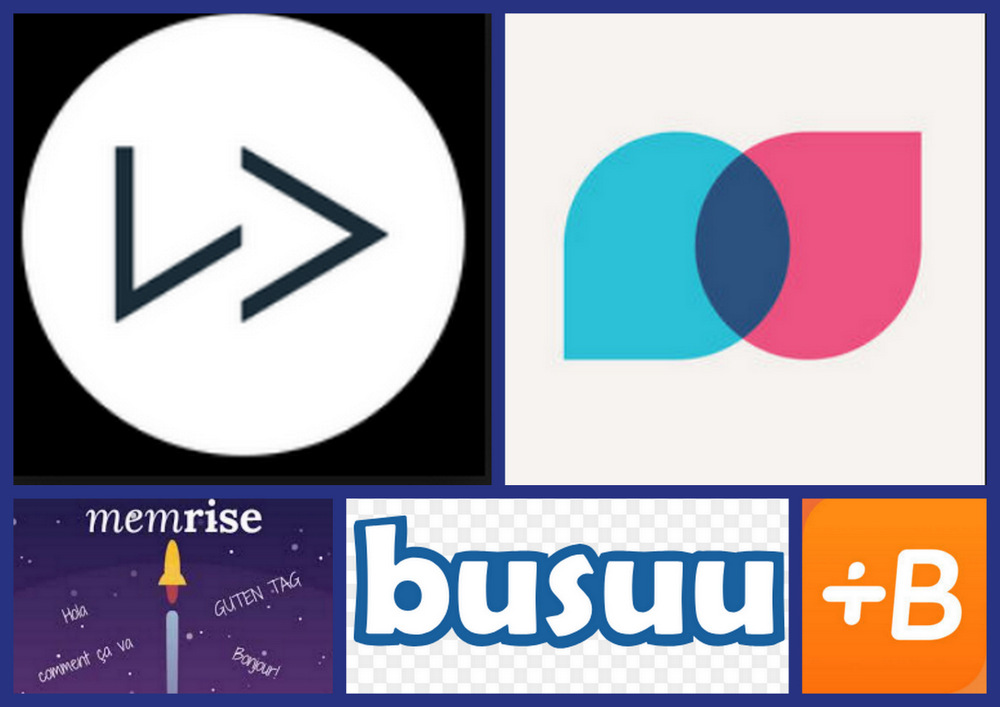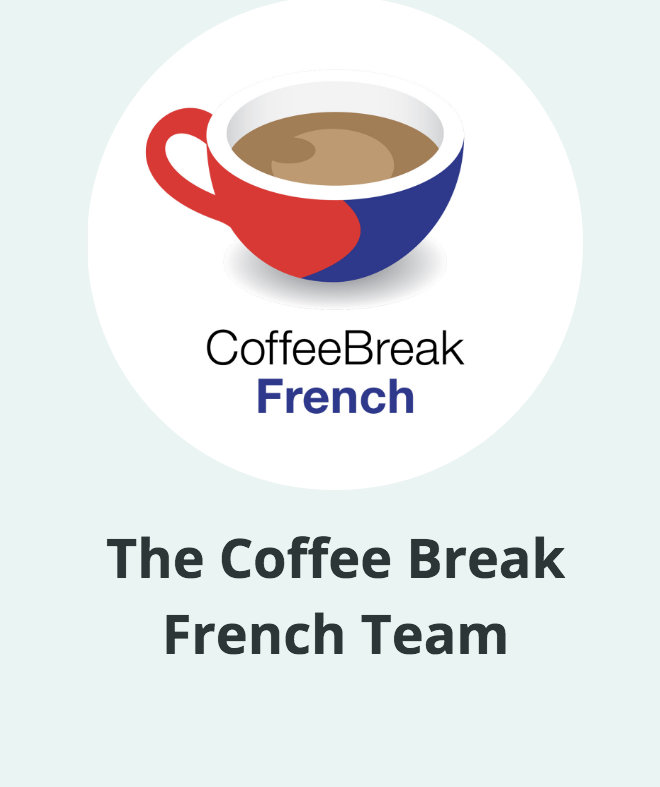
On a whim, and as homework before our French group which meets once every two weeks, I decided to try out several popular language learning Apps. I've used Rosetta Stone on and off for years. I tried:
Lingvist
Busuu
Memerist
Babbel
TinyCards
Tandem
It was revealing how many have leapfrogged Rosetta stone and offer a smarter and sometimes social platform.
Lingvist and Babbel did a tough test to establish my level of understanding. There is nothing more important than understanding how much a student already knows before you start to teach them. Both were effective in differentiating me from my wife. My wife was taught in a French speaking school in Montreal age 13 and a decade later learnt French at the British Institute in France. My French learning never got beyond a C grade at O' Level and a failed attempt to do an Open University degree (which taught French at an unbelievably basic level, but which I found tedious).
Lingvist and Babbel used different measures. Lingvist produced a guestimate at the number of words we each knew of the 5,000+ it was teaching. I got a 753, my wife 3,200. Babbel produced a similar differentiating. Like Rosetta Stone these Apps repeat phrases that you must then in part correct or add to. I liked that there is equal requirement to use the written word as this is where I am weakest. It is handy that my iPad has predictive text in French.
Tandem hooks you up with someone who wants to learn the languages you know and can teach. It works like a dating App, but is adamant that it is not. I had 30 mins talking to someone in Marseilles and about 5 minutes talking to someone in Rouen. Both proved successful as we could correct each other's written words.



